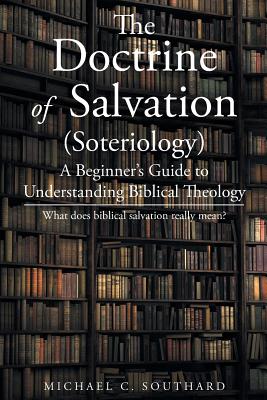
Southard, Michael C.
product information
description
down and read something about God or Jesus just to get closer to him to know him more intimately or to expand your understanding of his creation and plan for you? So you find a book that advertises just the subject matter you are interested in, then you open it and begin to read, but before long, you realize you have to run and get the dictionary. Then you may have to purchase a dictionary of theology, then maybe an encyclopedia of Christian apologetics just to understand what you are reading. When this happens, readers often give up on the book and never finish it and may never buy another one. It can get discouraging when confronted with terminology like infralapsarianism, hamartiology, and demythologization, and that doesn't include the hundreds of nontheological words rarely used in common communication today. Authors write this way to keep the book from becoming the size of an encyclopedia.
However, I did buy all those books and persevered in study because of my great hunger for the deeper things of God. Now you can too because this book conveys these wonderful biblical thoughts and great theologians' writings into plain common language. The Doctrine of Salvation takes deep theological concepts and brings their understanding down to a street level as it were. This book describes on a practical level how these doctrines are to be applied to our lives and how we can relate them to others. I refrain from using thirteen-letter words, but if they are needed, I will use them and then immediately clarify their meaning so the reader will not lose their train of thought.
Enjoy reading about the wonders of God again, in greater depth!
member goods
No member items were found under this heading.
Return Policy
All sales are final
Shipping
No special shipping considerations available.
Shipping fees determined at checkout.







